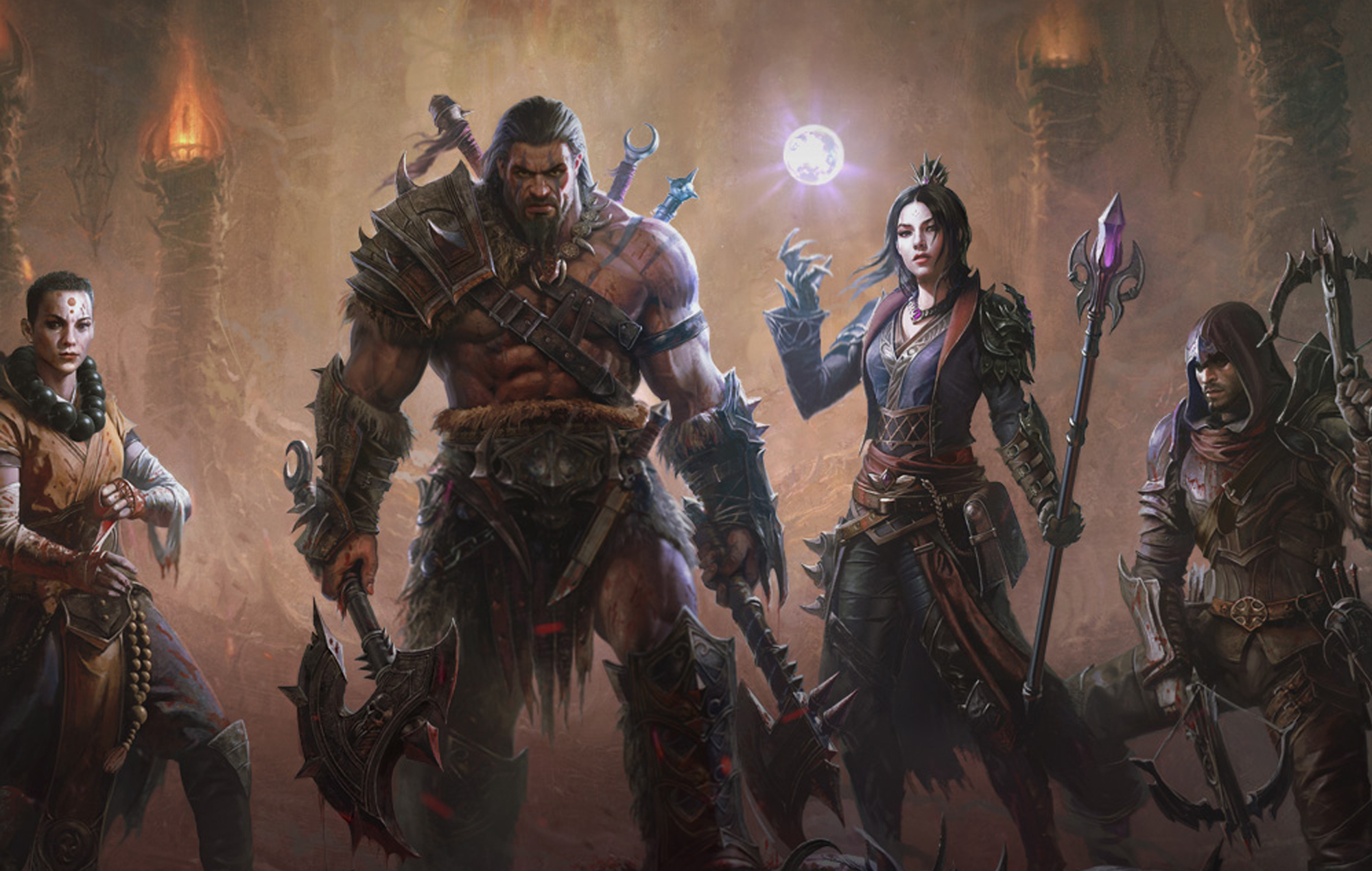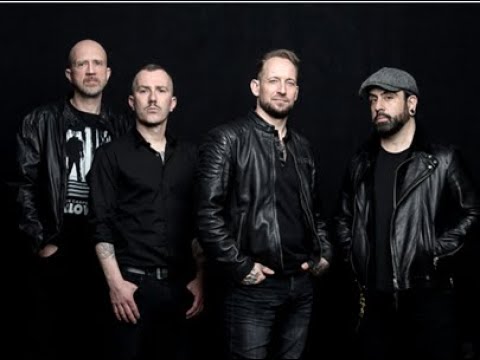
Kehlani has confirmed in a new interview that they prefer to use she/they pronouns.
Earlier this year, singer updated their Twitter account to include their preference for she/they pronouns, and has now discussed the situation further.
Speaking to Byrdie Magazine this week (November 30), Kehlani confirmed their preferred choice of pronouns, saying: “I don’t mind when people say ‘she’ at all, but something feels really affirming when people say ‘they.’ It feels like… you really see me.”
Earlier this year, Kehlani opened up about both their sexuality and “straight-presenting” privilege, after coming out as a lesbian.
“Wanna know what’s new about me?” the singer asked in an Instagram Live video alongside photographer Jamie-Lee B. “I finally know I’m a lesbian.”

The ‘Can I’ star also acknowledged that she carries “a lot of privilege” as someone who passes as a “cisgender-presenting, straight-presenting” figure in the industry.
“I think a lot of artists who we talk about and say, ‘Oh, they had to come out or they had to do this,’ a lot of them can’t hide it,” she said. “A lot of it is very [much] in how they present. It’s tougher for them. It’s tougher for trans artists. It’s tougher for Black gay men. It’s tougher for Black masculine gay women.”
Earlier this year, Kehlani confirmed details of her new album ‘Blue Water Road’ and shared a trailer for the record, which will follow 2020’s ‘It Was Good Until It Wasn’t’.
A new single and accompanying music video, ‘Altar’, then followed days later. The video for ‘Altar’ features much of the imagery shown in the album teaser, showing Kehlani with a bloody and bandaged leg, and later dancing around a house in the countryside.
Kehlani’s second album ‘It Was Good Until It Wasn’t’ came out last May. In a three-star review of the album, NME wrote: “It’s understandable for an artist to want to change their sound, but the problem with ‘It Was Good Until It Wasn’t’ is that it loses sight of the sheer brilliance Kehlani has demonstrated on previous releases.
The post Kehlani confirms they want to go by she/they pronouns appeared first on NME.










